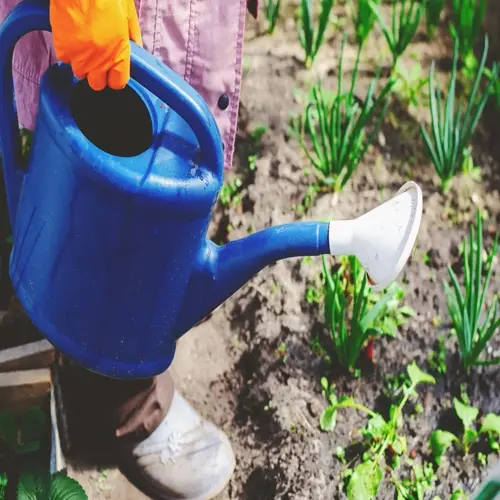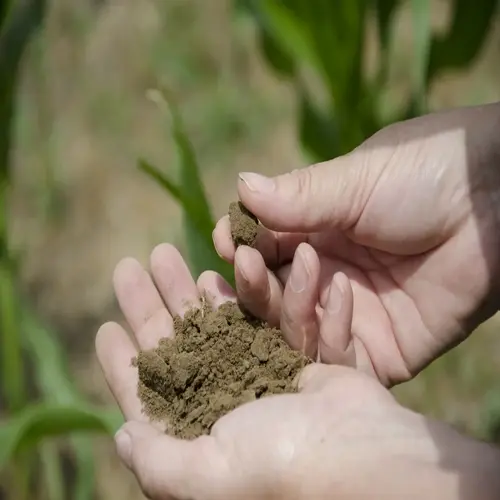How often should garden soil be tested?

Written by
Michael Sullivan
Reviewed by
Prof. Samuel Fitzgerald, Ph.D.*Soil analysis frequency* is determined by both garden conditions and plant performance. Established gardens are likely to need a comprehensive analysis every 2 or 3 growing seasons. This amount of time allows for gradual nutrient depletion and pH adjustments to occur. Regular soil analysis prevents unexpected deficiencies that may injure plants.
Nutrient levels in soils are not static. They change constantly due to plant uptake and climatic influences. The sandy soils we used for crops leach nitrogen, especially with heavy rainfall. The decomposition of organic matter can change pH over time. The nutrients in an annual vegetable bed are depleted quickly than those in a perennial garden. Testing helps you stay ahead of the game, so you can identify differences before they become a problem.
Standard Maintenance
- Every 2-3 years for established gardens
- Test during fall or early spring
- Compare results with previous reports
Special Circumstances
- New garden beds: Test before planting
- After major soil amendments: Next season
- Crop failure: Immediately investigate causes
Problem Soils
- pH correction: Test every 6 months
- Contaminated sites: Annual screening
- High-yield gardens: Test each season
Observe for plant symptoms that may require testing immediately. Yellowing leaves are a sign of nitrogen deficiency. Stunted growth may indicate a phosphorus deficiency, among other conditions. Lack of fruiting is often a potassium deficiency, among other issues. Testing should be conducted based on these reactions during each growth cycle, rather than at predetermined intervals.
Change your schedule when you make significant changes in your garden. Ensure that you conduct a bed test before planting in the bed, and again after the first harvest. You should retest the bed after six months, once you have corrected any pH imbalance. Urban gardens should be tested annually for contaminants. Consistent testing ensures proper growing conditions year after year.
Read the full article: Garden Soil Testing: Everything You Need to Know

